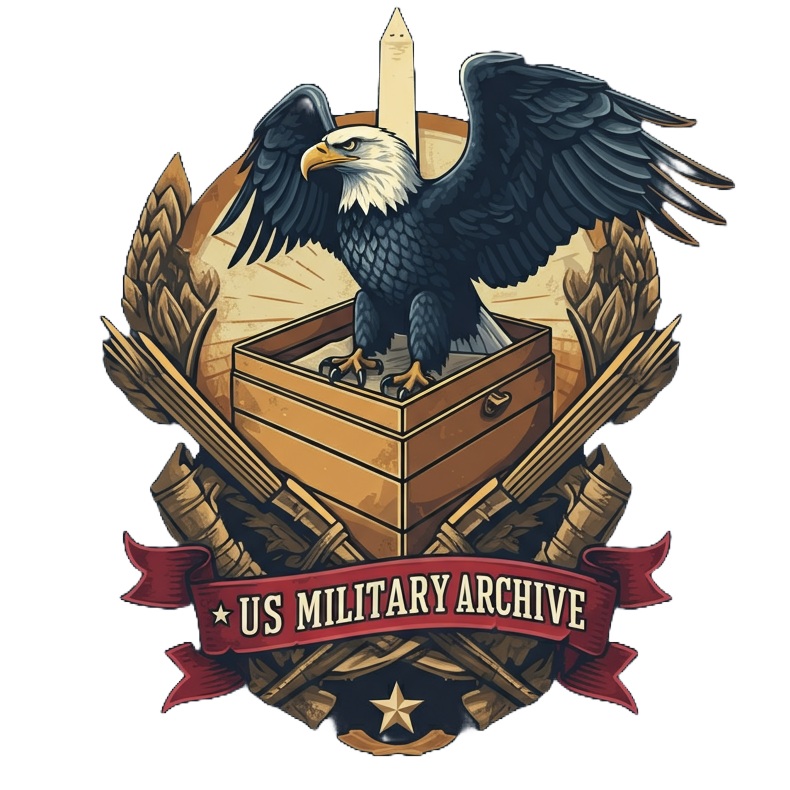Article Text
Officially designated as the U.S. Army's 1st Special Forces Operational Detachment-Delta (1st SFOD-D), the unit commonly known as Delta Force stands as one of the world's most elite and secretive special operations forces. Renowned for its expertise in counter-terrorism, hostage rescue, and high-risk direct action missions, Delta Force has built a formidable reputation for professionalism, precision, and effectiveness in the face of extreme danger across the globe.
Forged in Necessity: The Birth of Delta Force
The late 1970s saw a rising tide of international terrorism, marked by brazen airplane hijackings and attacks on U.S. interests abroad. Recognizing a critical gap in capability, the U.S. military sought to create a specialized unit capable of executing high-stakes missions where failure was not an option. Delta Force was formally established in 1977, drawing significant inspiration from the British Special Air Service (SAS), which had already demonstrated proficiency in similar counter-terrorism roles.
Colonel Charles Beckwith, a decorated Green Beret with firsthand experience serving alongside the SAS, was the driving force behind Delta's creation. He envisioned a highly adaptable unit capable of operating with unparalleled skill, agility, and crucially, secrecy, particularly within complex urban and hostile environments.
The Gauntlet: Selection and Training
Entry into Delta Force is notoriously difficult, featuring one of the most demanding selection processes in any military worldwide. Candidates are typically drawn from the U.S. Army's elite tiers, including Special Forces (Green Berets) and Rangers, though other highly qualified personnel may be considered.
The selection phase is a brutal test of physical and mental limits. Aspirants face grueling physical fitness challenges, lengthy endurance marches over difficult terrain, complex land navigation exercises, survival skills tests, and intensive psychological evaluations. This psychological screening is vital, as operators must possess the mental fortitude to make clear, critical decisions under immense stress, often with incomplete information in unfamiliar and dangerous settings.
Those who pass selection embark on months of intensive Operator Training Course (OTC). This phase hones specialized skills essential for their demanding roles, including:
- Close-Quarters Combat (CQB)
- Advanced Hostage Rescue Techniques
- Explosive Breaching and Demolitions
- High-Altitude Parachuting and Air Operations
- Advanced Marksmanship
Training occurs across a vast array of environments – realistic urban settings, simulated hostile territories, deserts, jungles, and mountains – ensuring operators are prepared for any contingency. Language skills and cultural awareness are also key components, enabling effective cooperation with allied or indigenous forces when required.
Tip of the Spear: Operations and Missions
While counter-terrorism remains its cornerstone mission, Delta Force's operational portfolio is broad. It encompasses:
- Direct Action Raids against high-value targets
- Hostage Rescue operations domestically and abroad
- Covert Surveillance and Reconnaissance
- Sensitive Intelligence Gathering
- Support to other U.S. government agencies
Delta Force has been involved in numerous critical operations, though many remain classified. The failed 1980 Operation Eagle Claw, the ambitious attempt to rescue American hostages in Iran, tragically underscored the complex challenges of such missions but also reinforced the necessity for a dedicated unit like Delta.
Perhaps the most publicly known, albeit controversial, operation involving Delta was the 1993 Battle of Mogadishu in Somalia, famously depicted in "Black Hawk Down." Tasked with capturing key lieutenants of a Somali warlord, Delta operators, alongside U.S. Army Rangers, found themselves in a desperate urban firefight after two Black Hawk helicopters were downed. Despite significant American casualties and the mission's difficult outcome, the bravery and capabilities displayed by Delta Force personnel under fire were undeniable.
A Culture of Secrecy
An absolute commitment to secrecy is a defining characteristic of Delta Force. The U.S. government traditionally maintains a policy of not officially confirming its existence or discussing its operations. Operators rarely, if ever, wear standard military uniforms or identifying insignia, often operate under pseudonyms, and blend into civilian or other military roles when not deployed.
Details of their missions often surface only years or even decades later through memoirs, declassified documents, or investigative journalism, if they emerge at all. This intense secrecy shields their tactics, techniques, procedures, and identities, providing a crucial operational advantage and contributing to the unit's mystique.
Legend and Reality: Delta Force in Popular Culture
The clandestine nature and high-stakes missions of Delta Force have inevitably captured the public imagination. Books, documentaries, video games, and films have attempted to portray the unit's exploits, albeit with varying degrees of accuracy. The 1986 action film "The Delta Force," starring Chuck Norris, though heavily fictionalized, significantly raised the unit's public profile and cemented its image as an elite commando force.
While popular culture often depicts Delta Force operators as near-superhuman figures, the reality is grounded in rigorous training, meticulous planning, and quiet professionalism. Real operators maintain a low profile, far removed from the often-exaggerated portrayals seen on screen. This contrast between the myth and the classified reality only deepens the unit's enigmatic status.
Conclusion: An Enduring Shield
Delta Force represents a vital asset within the U.S. military's special operations community. As a premier counter-terrorism and special mission unit, it plays an indispensable role in protecting U.S. national security interests at home and abroad. Operating in the shadows, Delta Force tackles threats and resolves crises with discretion and lethal efficiency, often preventing dangers from escalating onto a larger stage. Their commitment, skill, and willingness to undertake the most perilous missions make them a cornerstone of America's defense posture in an uncertain world.
Files
There are no files available.

